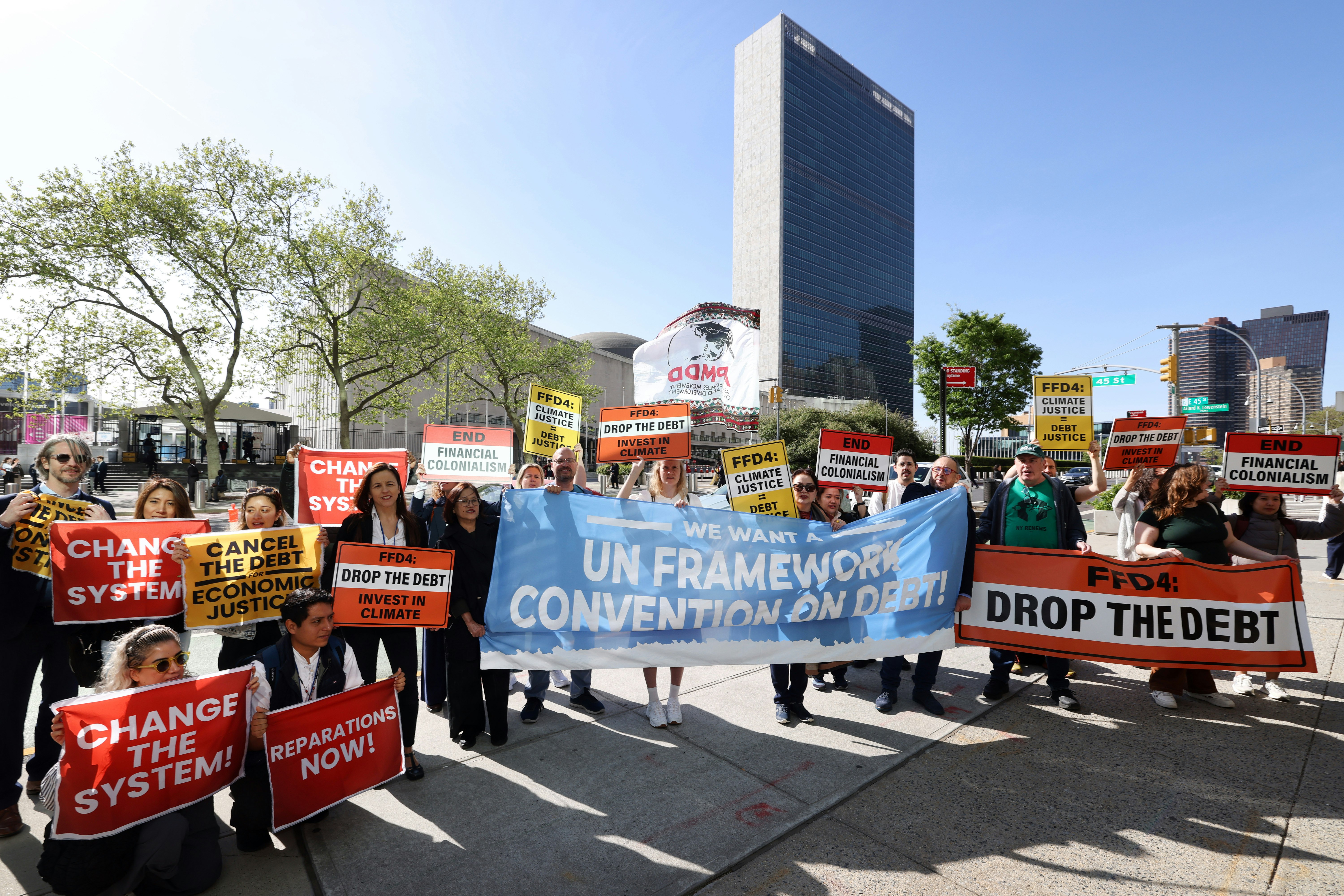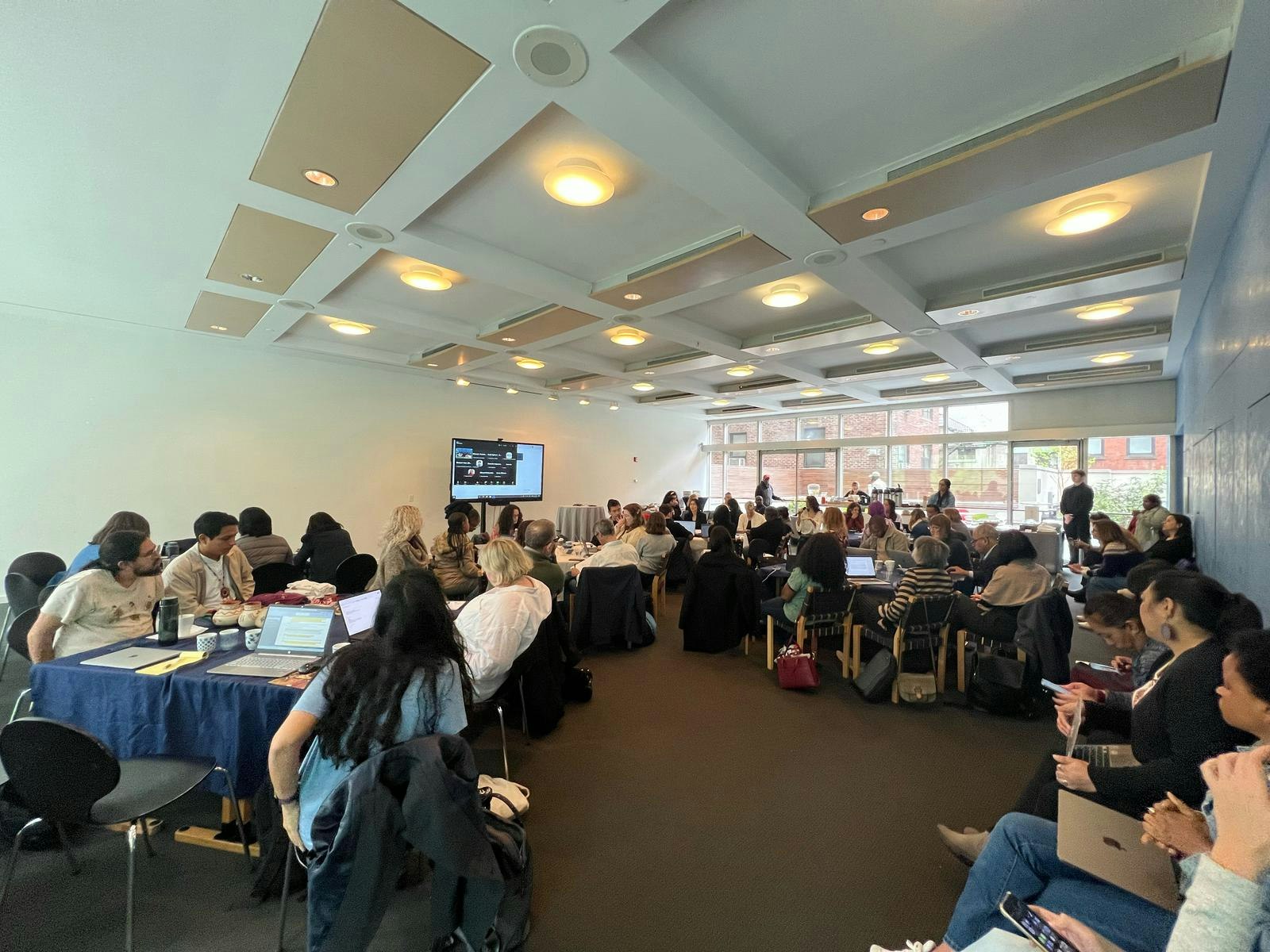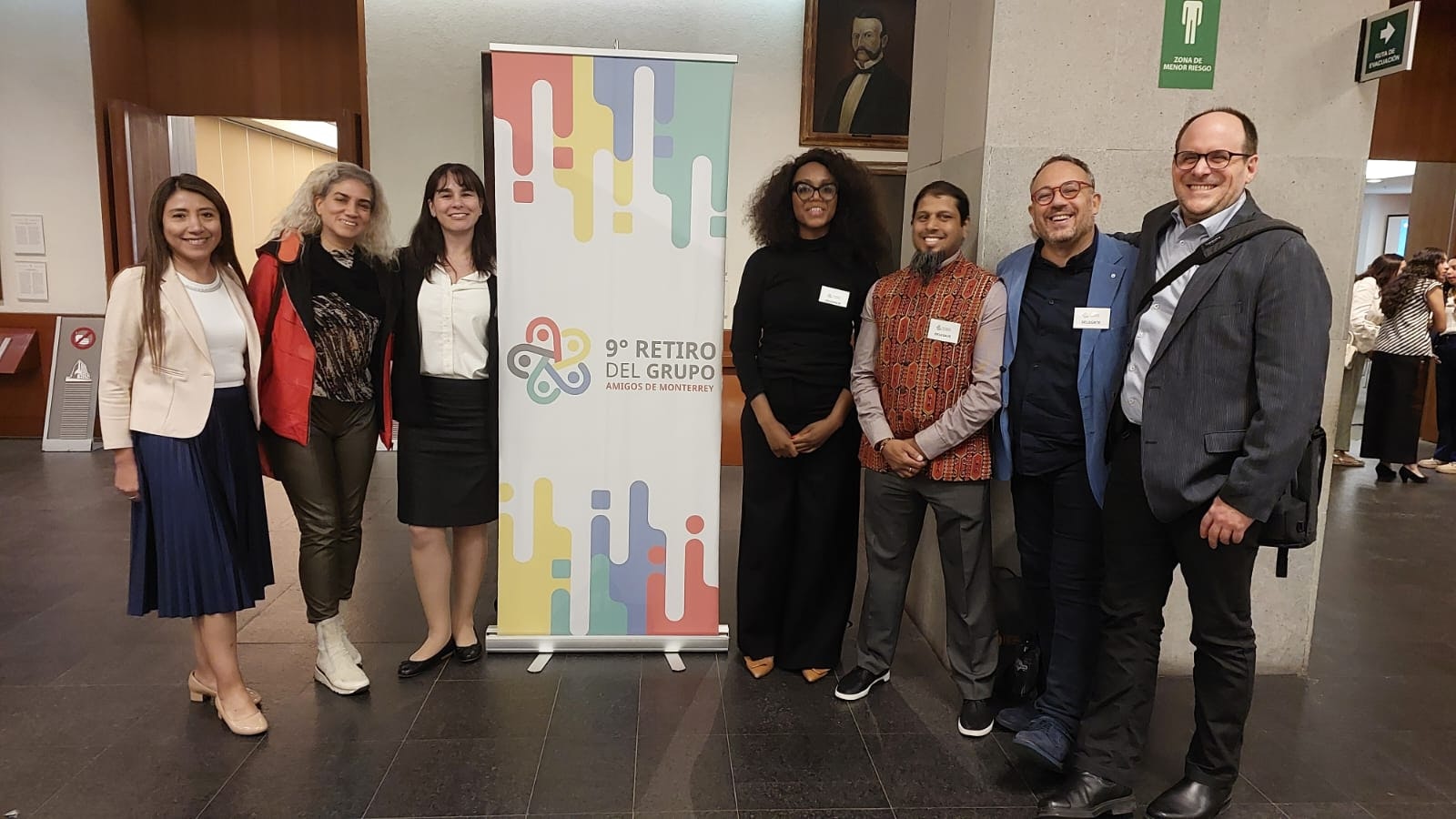
Governments Approve Proposal for International Tax Cooperation at United Nations
Brussels, 23 November 2022 – Civil society organizations across the world welcome the approval of the Africa Group’s proposal for inclusive and effective tax cooperation at the United Nations. The resolution was approved by consensus at the 77th session of the United Nations General Assembly (UNGA) today and is a first step towards an inclusive, democratic and transparent process to reform global tax architecture.
For over two decades, developing countries have been calling for an intergovernmental tax negotiation process at the UN, which would allow all countries to participate in discussions and decision-making related to tax on an equal footing. “This is a historic win for the tax justice and the broader economic justice movement and a big step forward to combat illicit financial flows and tax abuse,” said Dereje Alemayehu, Executive Coordinator of the Global Alliance for Tax Justice (GATJ). “Africa Group’s leadership has paved the way for starting an inclusive process at the UN to build a fair and effective international tax system. This resolution heralds a great opportunity for all UN Member States to move beyond words to action for the much-needed reforms of the global financial architecture,” explained Chenai Mukumba, Policy Research and Advocacy Manager at the Tax Justice Network Africa (TJNA).
Developing countries are the most affected by corporate tax abuse, which results in the loss of at least $ 483 billions of dollars in tax every year, but they are often left out of global tax rules decision-making. Until now, decision-making on global tax matters has been led by the Organisation for Economic Co-operation and Development (OECD), and over a third of the world’s countries have not participated in the discussions in the OECD’s “Inclusive Framework”.
Tove Maria Ryding, Tax Coordinator at the European Network on Debt and Development (Eurodad) said, “Some rich countries are still holding on to the archaic idea that they can keep global rule-making on tax under the control of the OECD – also known as the rich countries’ club. But today’s vote shows that at the end of the day, they know they cannot stop the development towards inclusive, transparent and UN-led tax governance, which is already highly overdue. The OECD-led governance is coming to an end – both because it was deeply unjust and biased in favor of a few rich countries. But also because the OECD has so blatantly failed to stop international tax abuse.”
Alemayehu added, “The resolution went through without a vote, which is indicative of the wide-spread support for reform in global tax rules. African countries stood together and made historic strides, breaking through the longstanding blockade by the OECD countries. Shifting power from the OECD is paramount to end the exploitation and plunder of developing countries.”
Civil society groups are aware that some challenges lie ahead including difficult negotiations on funding the implementation of the resolution and agreeing on modalities. Pooja Rangaprasad, Policy Director, Financing for Development at the Society for International Development said, “The post-adoption statements by some developed countries have made it clear that the road ahead will be challenging. However, it is in the interest of all countries to fix an outdated international tax system that is bleeding hundreds of billions of dollars in much needed resources and public revenue. The fight continues in holding all our governments accountable to agree to an effective UN tax convention that will ensure wealthy corporations and elites pay their fair share in taxes.”
ENDS
***
Note to the Editors
Timeline of the facts. The G77 and China and its members have been calling for a UN intergovernmental tax body for over two decades. Building on this call, in 2019, the Africa Group put forward a call to develop a UN Tax Convention at the United Nations. The following year, it was included in a ‘Menu of Options’ produced as part of a UN process to consider how the international community could respond to the COVID-19 crisis.
In February 2021, the FACTI Panel – which had been set up by the President of the UN General Assembly (at the time Nigeria) and the President of the UN Economic and Social Council (at the time Norway) – also included the proposal for a UN Tax Convention as a key recommendation in its final report. In May 2022, the African Ministers of Finance, Planning and Economic Development reiterated the call at their 54th session in Dakar.
In October 2022, G77 and China tabled a UN General Assembly (UNGA) resolution on illicit financial flows once again calling for an intergovernmental tax body at the UN (para 25). In addition, Africa Group tabled another UNGA resolution calling for negotiations on a UN Convention on International Tax Cooperation. Unfortunately, the proposals found no support among developed countries and G77 withdrew their proposal on the need for a UN intergovernmental tax body.
However, Africa Group tabled a revised resolution earlier this week at the United Nations General Assembly on “Promotion of inclusive and effective international tax cooperation at the United Nations” (A/C.2/77/L.11/REV.1), which was approved by consensus this Wednesday (23 November, 2022).
Relevant resources
Database developed by the CS FfD Group tracks statements by governments supporting this call
Letter sent from the CS FfD Group members to the UN Member States, in support of the adoption of Africa Group’s resolution on international tax cooperation
GATJ and Eurodad led a civil society proposal for a UN Tax Convention launched in March 2022. A UN Tax Convention would link international tax governance to other key global commitments, including human rights, equality, environmental protection and the Sustainable Development Goals
Press release by Tax Justice Network Africa to support African Governments’ UN Resolution for an Inclusive Global Tax System
***
About the Civil Society Financing for Development Group (CS FfD)
The Civil Society Financing for Development Group (CS FfD Group), is a broad platform of several hundreds of civil society organizations, networks and federations from around the world that has followed the UN’s Financing for Development process since its origins and continues to provide a facilitation mechanism for the collective expression of civil society in the FfD Follow-up process.
About the Global Alliance for Tax Justice
The Global Alliance for Tax Justice (GATJ) is a South-led global coalition in the tax justice movement. Together we work for a world where progressive and redistributive tax policies counteract inequalities within and between countries, and generate the public funding needed to ensure essential services and human rights. Created in 2013, GATJ comprises regional tax justice networks in Asia (Tax & Fiscal Justice Asia), Africa (Tax Justice Network Africa), Latin America (Red de Justicia Fiscal de América Latina y el Caribe), Europe (Tax Justice-Europe) and North America (Canadians for Tax Fairness & FACT Coalition), collectively representing hundreds of organizations.
Media Contacts
Neha Gupta – Civil Society Financing for Development Group – nehag@sidint.org
Lays Ushirobira – Global Alliance for Tax Justice – lays@globaltaxjustice.org
Related Updates


